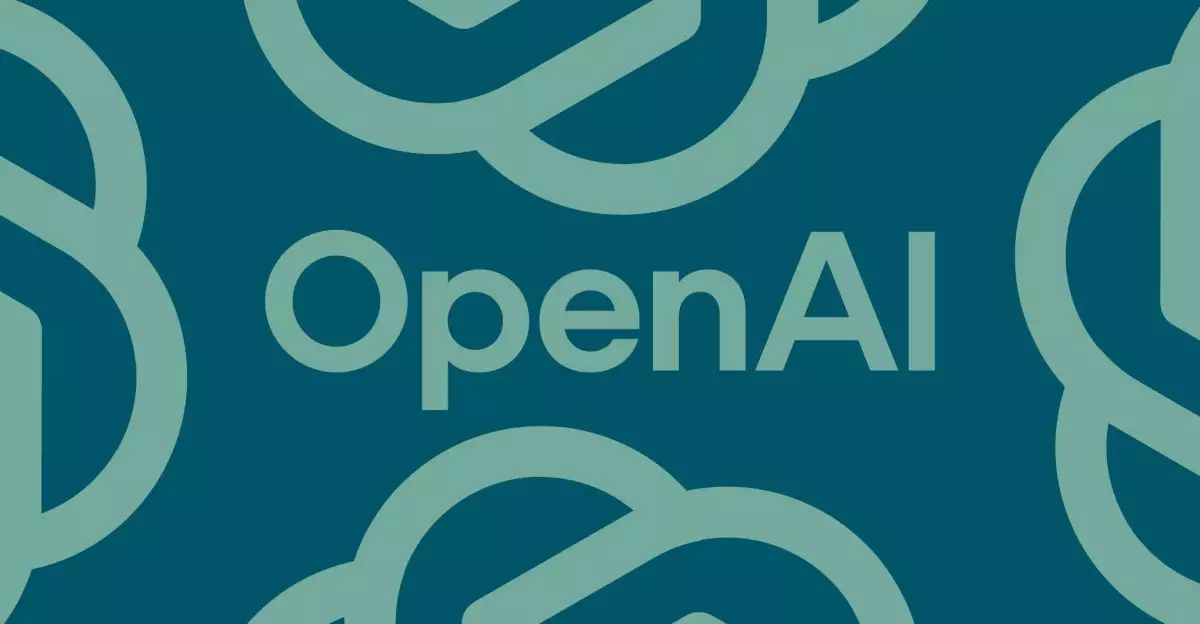The digital landscape is on the brink of a significant confrontation, pitting one of the most recognizable figures in technology against a leading innovator in artificial intelligence. The dispute stems from Elon Musk’s complicated relationship with OpenAI, a company he co-founded. What began as a visionary pursuit to harness artificial general intelligence (AGI) for the good of humanity has devolved into an ongoing legal saga, highlighting both personal ambition and existential questions surrounding technology’s role in society.
The Accusations Fly
In a bold move, OpenAI has filed a countersuit against Musk, alleging that his continuous actions are nothing more than bad-faith strategies aimed at undermining their progress. According to OpenAI, Musk’s recent actions, including what they term a “fake takeover bid” (which seems designed to disrupt the organization’s trajectory), are emblematic of a desperate attempt to wrest control over AI advancements for his own ends. This move raises significant ethical questions—how far is one willing to go in the name of innovation and profit?
OpenAI argues that Musk’s tactics not only hinder their development but also threaten the future of AI as a force for good. The company’s lawyers expressed urgency for the court to intervene, proclaiming that Musk should be legally restrained from further actions deemed “unlawful and unfair.” This language underscores the possible repercussions of unchecked ambition in the tech field, pushing the envelope regarding intellectual property and ethical corporate behavior.
Elon’s Perspective: A Mission Twisted?
From Musk’s vantage point, the legal ramifications he’s pursuing stem from a noble cause—seeking to steer OpenAI back to its foundational mission of benefiting humanity rather than focusing solely on profitability. However, public perception regarding Musk’s intentions is drastically polarized. Critics have described Musk’s lawsuits as misguided and even ‘hilariously bad,’ revealing the deep-seated skepticism surrounding his motives. If Musk believes he is a guardian of AI ethics, those beliefs conflict mightily with his controversial methods, raising questions about the very nature of leadership in innovative spaces.
His decision to drop a previous lawsuit before re-engaging with OpenAI in another legal fashion gives the impression of maneuvering rather than genuine concern for the ethical treatment of AI. The dissonance between his proclaimed intentions and the aggressive legal confrontations has left many tech observers scratching their heads.
The Impending Trial: A Moment of Truth for AI
The forthcoming trial, set for spring 2026, promises to be a watershed moment not just for the two feuding parties but also for the broader conversation regarding AI and its governance. The outcome could redefine the operational boundaries and ethical standards of tech companies navigating the complex waters of artificial intelligence. It raises a pivotal question: what responsibilities do tech leaders owe to societal welfare?
The stakes have escalated, positioning this conflict as not just a legal battle, but a clarion call for reinstating ethical accountability in the technology sector. As we Edge closer to the trial, all eyes are on how this saga will unfold—a tussle that encapsulates the very essence of innovation, ethics, and the responsibilities that come with power in technology.


Leave a Reply